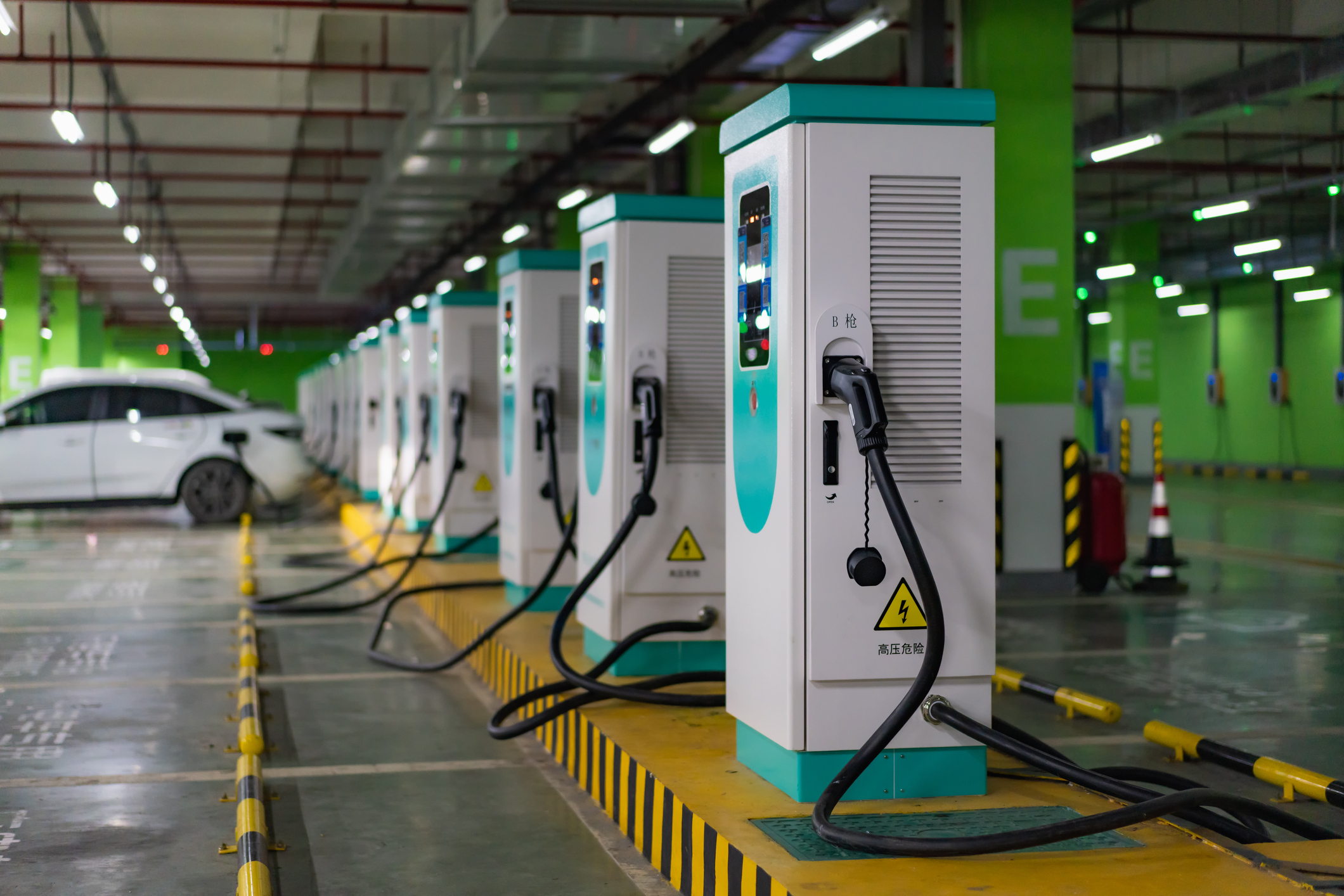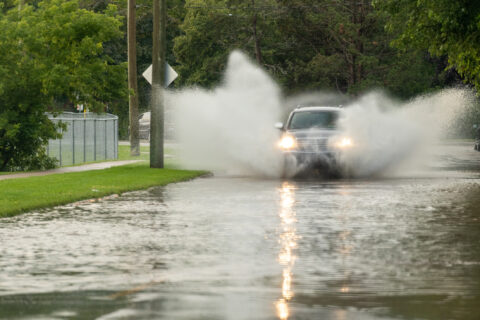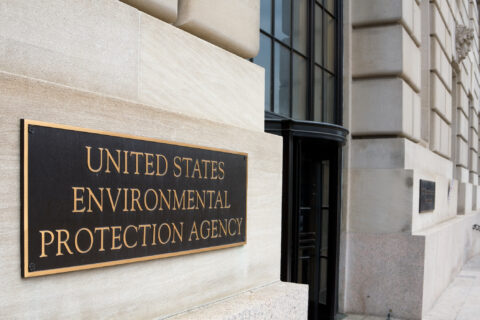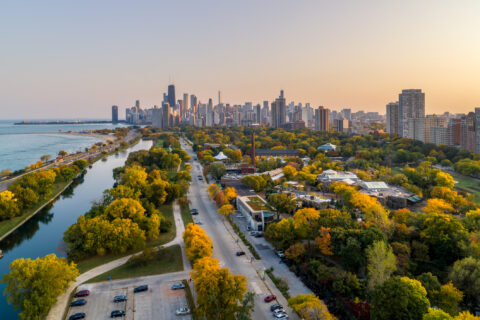By Gabe Klein, Executive Director, Joint Office of Energy and Transportation
We know communities are ready to lead in integrating e-mobility options and EV charging into your communities. So, I’m excited to share that the Biden-Harris Administration has launched a new $54 million Communities Taking Charge Accelerator funding opportunity through the Infrastructure Investment and Jobs Act (also known as the Bipartisan Infrastructure Law) to enhance electric mobility in America’s communities. Our Office has been researching emerging approaches to community charging solutions, and we are now asking eligible entities – including cities of all sizes – to come up with concepts for potential planning, demonstration, and/or deployment projects, and the Accelerator will then invest in those ideas that can help meet our electric goals as a country. Together, we can build up the capacity to expand transportation options and decarbonize mobility.

Key Opportunity Areas for the Accelerator
In particular, this effort will make strategic investments at the local level that address three key areas:
- Solving for No-Home Charging: Expanding Charging Access for Privately Owned E-Mobility by funding e-mobility charging solutions for individuals without access to home charging for their electric vehicles and mobility devices (e.g., cars, e-bikes, e-scooters, electric wheelchairs, etc.).
- Expanding E-Mobility Solutions through Electrified Micro, Light, and Medium-Duty Fleets by funding charging and deployment solutions for electrified ultra-light, micro, light, and medium-duty fleets that transport people through shared rides, shared vehicles (including micromobility), or transit operations, and that transport goods to communities through last mile delivery vehicles.
- Managed Charging for Clean Reliable Energy, which funds projects that accelerate solutions in the EV charging ecosystem, including requirements and specifications for end-to-end managed charging functionality, to make the most efficient use of infrastructure and minimize impacts on the electrical grid.
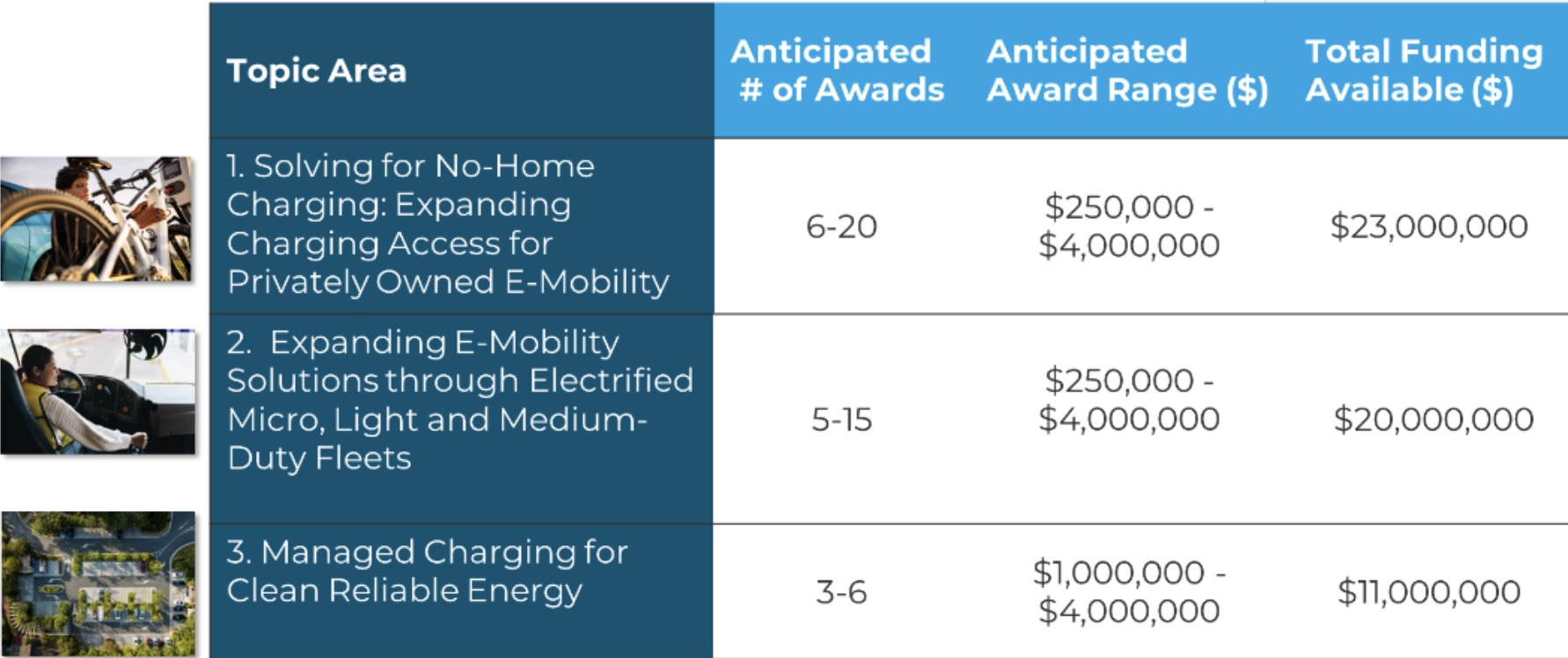
How to Apply and Team
All the details on how to apply are in the Funding Opportunity Announcement, which is your guide to submitting a concept paper and applying. The Accelerator will have two primary application steps: first, a concept paper, then a full application. Communities may want to create teams to submit concept papers by May 20, 2024, and then plan for full applications, which will be due July 16, 2024. As outlined in the announcement, accelerator awards could be expected by December 2024.
Teaming is highly encouraged, and the following domestic entities are eligible to participate as prime recipients or sub-recipients:
- Institutions of higher education;
- For-profit entities;
- Non-profit entities; and
- State and local governmental entities and Indian Tribes.
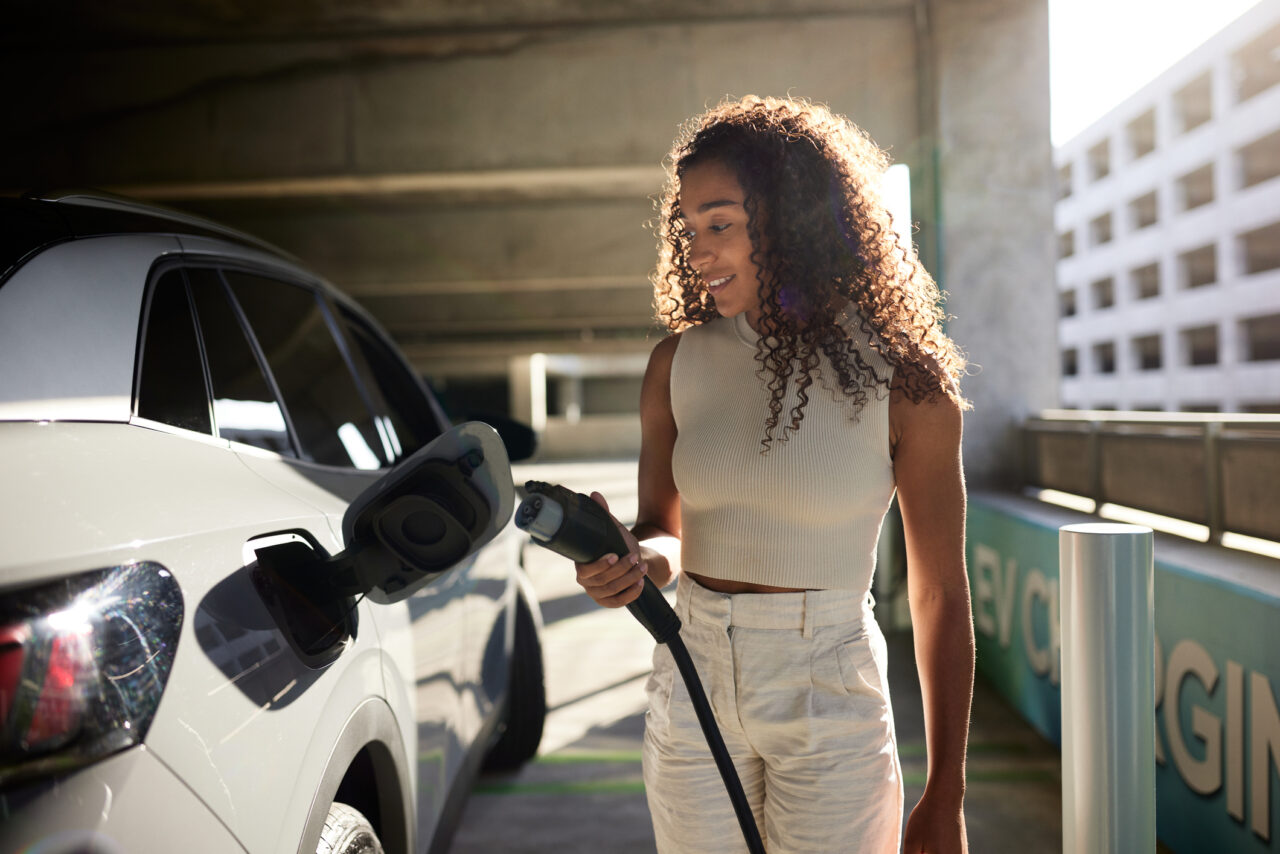
Cities could either lead a team or participate in one. If you’re a disadvantaged community, this program is part of the Justice40 commitment to deliver 40% of project benefits to communities like yours, so consider leading or teaming up for a submission. Cities with limited resources may also want to note the eligibility of for-profit entities. Check out the full funding opportunity for details on how to organize your potential team.
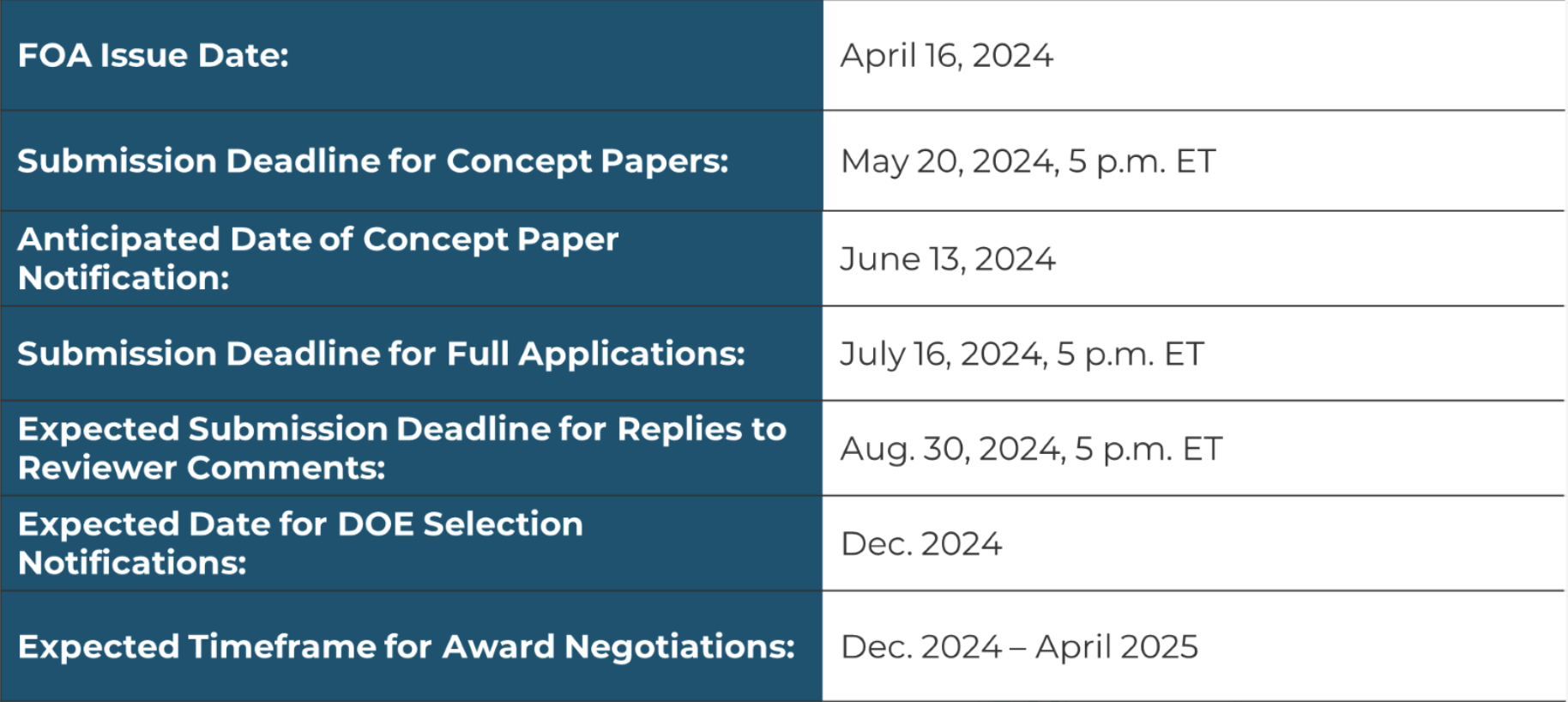
Find Out More
The Communities Taking Charge Accelerator is administered by the U.S. Joint Office of Energy and Transportation (Joint Office) through the U.S. Department of Energy’s (DOE) Office of Energy Efficiency and Renewable Energy and advances the mission and vision of the Joint Office by accelerating solutions that make it possible for communities everywhere to ride and drive electric, in line with strategies detailed in the U.S. National Blueprint for Transportation Decarbonization. Find the funding opportunity direct link here.
Please note: This discussion captures select contents of DE-FOA-0003214 and should be used for reference only. If there are any inconsistencies between DE-FOA-0003214 and this informational document, the FOA is the controlling document, and applicants should rely on language found in the FOA for application information. Furthermore, the guidance found in DE-FOA-0003214 is subject to change through amendment. Applicants may seek clarification by submitting a question to FOA3214@netl.doe.gov.
About the Author
Gabe Klein is the executive director of the Joint Office of Energy and Transportation, where he oversees efforts to align resources and expertise across the U.S. Department of Energy and the U.S. Department of Transportation to support programs that seek to deploy a network of electric vehicle chargers, zero-emission fueling infrastructure, and zero-emission transit and school buses.
Stay Connected
Sign up for the Federal Advocacy newsletter to get the latest updates on NLC’s federal advocacy efforts.
